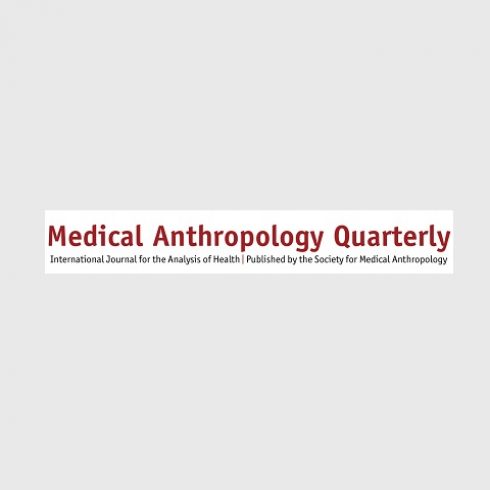Thick Prescriptions
Toward an Interpretation of Pharmaceutical Sales Practices
Michael J. Oldani
Medical Anthropology Quarterly 2004

Abstract
Anthropologists of medicine and science are increasingly studying all aspects of pharmaceutical industry practices–from research and development to the marketing of prescription drugs. This article ethnographically explores one particular stage in the life cycle of pharmaceuticals: sales and marketing. Drawing on a range of sources-investigative journalism, medical ethics, and autoethnography–the author examines the day-to-day activities of pharmaceutical salespersons, or drug reps, during the 1990s. He describes in detail the pharmaceutical gift cycle, a three-way exchange network between doctors, salespersons, and patients and how this process of exchange is currently in a state of involution. This gift economy exists to generate prescriptions (scripts) and can mask and/or perpetuate risks and side effects for patients. With implications of pharmaceutical industry practices impacting everything from the personal-psychological to the global political economy, medical anthropologists can play a lead role in the emerging scholarly discourse concerned with critical pharmaceutical studies.
 Share
Share






Commentary
The latest commentary on the use of antimicrobials in society.
Submissions to the AMIS Hub
Are you a social scientist who is working in antimicrobial resistance (AMR)?
Markets and Pharmaceuticals: Hardship, Antibiotics, and Markets for...
Northern Thailand (Chiang Rai), 19 March 2018, 7am: The steep mountain road winds through rice fields, small streams, and coffee...
Anti-biosis? – Social and Cultural Inquiries into Human-Microbe...
Two of us from the AMIS Programme Team (Clare Chandler and Komatra Chuengsatiansup) are acting as associate editors for Palgrave...